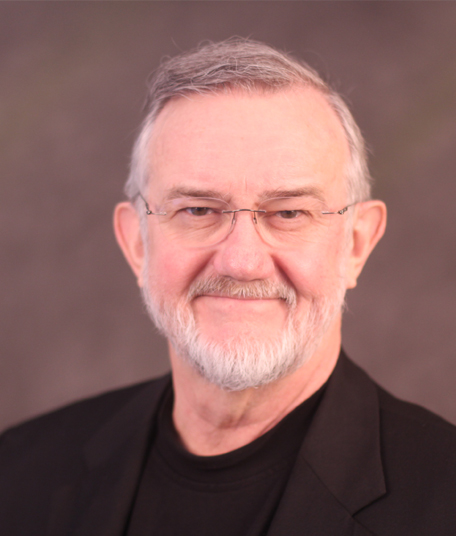President’s Update

As you go about your days, please remember that self-care is integral to the provision of evidence-based practices of healthcare and psychology. When I say “take care,” I mean please take time to take care of yourself in these challenging circumstances. LPA is a resource to you. Reach out to LPA when the need arises. LPA is an integral part of the well-meant, often spoken phrase, “we will get through this together.” Thank you for being a part of LPA and for all that you do. Remember to Take Care.
President’s Update on COVID-19 Part 2

Yesterday marked just one month since the first case of COVID-19 was confirmed in Louisiana. So much has changed in thirty days in the lives of our clients/patients and our own. I marvel at how many of my routines are now different. We are all encountering rapidly changing circumstances that have both transient and potentially […]
President’s Update on COVID-19 Part 1

The Executive Council of LPA understands that our members are facing extraordinary challenges. Psychologists all over the world are meeting the stresses and mental health demands presented by COVID-19, while exercising self-care. With so much uncertainty, accurate information is vital. I want you to know that LPA is active in clarifying concerns of our members […]
Dr. Alan Coulter Named to Bullying Prevention Task Force
The Bullying Awareness and Treatment Task Force was created by House Resolution No. 208 in the 2017 regular legislative session, and authored by Representative Barbara Norton. HR 208 directs the purpose of the task force members to make a thorough study of bullying prevention strategies to develop a Louisiana Bullying Awareness and Treatment Plan which provides, at a minimum, recommendations regarding: Positive reforms to prevent bullying; Counseling and other treatment services for youths who are victims of bullying as well as youths who are involved in bullying; Best practices for establishing a safe and healthy environment for all children to learn, grow, and develop.

